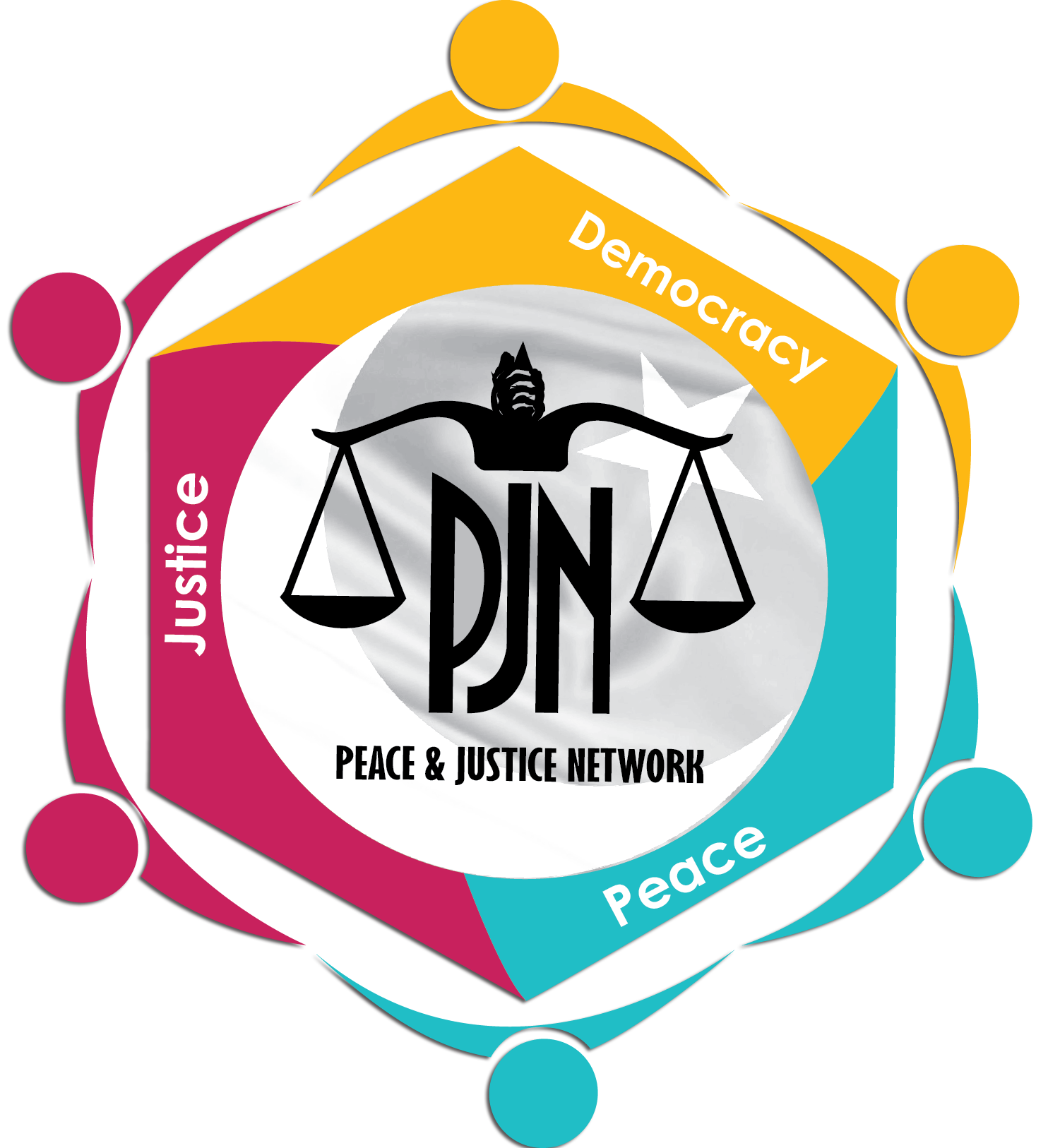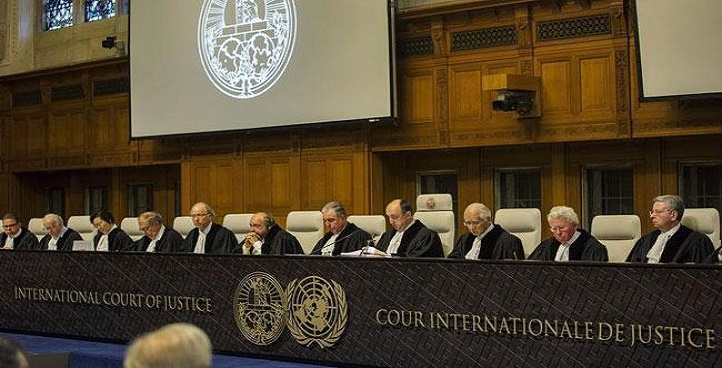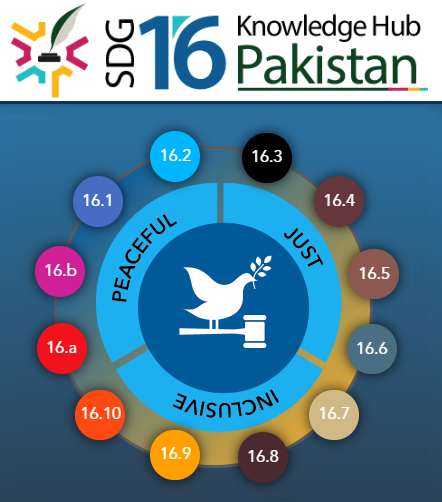

International Day for Judicial Well-being: A Global Call for Action (4 Mar, 2025)
Pakistan Ranks 129 out of 142 in the World Justice Project Rule of Law Index (26 Oct, 2024)
2024 Trafficking in Persons Report: Pakistan (24 June, 2024)
Pakistan ranks second-last in WEF Global Gender Gap Report 2024 (7 Mar, 2025)
More Indians served as ICJ judges than Pakistanis

Fri, May 19, 2017
Since the establishment of the International Court of Justice (ICJ) in 1946, a lot more Indian jurists have served as permanent and ad hoc judges at this global arbitration platform as compared to the Pakistanis, research shows.
The ICJ record shows that Pakistan’s first foreign minister and eminent jurist, Chaudhary Sir Muhammad Zafarullah Khan (1893-1985), was the first Asian and the only Pakistani to preside over the General Assembly and the ICJ, which is the primary judicial branch of the United Nations and is seated in the Peace Palace of the beautiful Dutch city of The Hague.
Zafarullah Khan had served as ICJ judge twice between 1954 and 1961, and then from 1964 to 1973. He was also President of the ICJ between 1970 and 1973. Apart from Zafarullah Khan, Syed Sharifuddin Pirzada and Yaqub Ali Khan also served the ICJ, but in capacity of ad hoc judges only.
Article 31 of the statute sets out a procedure whereby ad hoc judges sit on contentious cases before the court. The system allows any party to a contentious case, if it otherwise does not have one of that party's nationals sitting on the court, to select one additional person to sit as a judge on that case only. It is thus possible that as many as 17 judges may sit on one case.
In the current case pertaining to RAW operative Kulbhushan Yadav, it is strange that Pakistan did not nominate any ad hoc judge to the ICJ, when it could legally have! India never needed to nominate an ad hoc judge because one of its former jurists, Dalveer Bhandari, is already serving as a permanent arbiter at this forum.
According to the June 2005 edition of the University of Chicago’s Journal of Legal Studies, the system of the appointment of ad hoc judges at ICJ may seem strange when compared with domestic court processes, but its purpose is to encourage states to submit cases.
For example, if a state knows that it will have a judicial officer who can participate in deliberation and offer other judges local knowledge and an understanding of the state's perspective, it may be more willing to submit to the jurisdiction of the court.
Although this system does not sit well with the judicial nature of the body, it is usually of little practical consequence. Ad hoc judges usually (but not always) vote in favour of the state that appointed them and thus cancel each other out.
Coming to India, former Indian Supreme Court judge Dalveer Bhandari is currently one of the 15 sitting ICJ judges.
Prior to Bhandari, Messrs Benegal Narsing Rau (1952 to 1953), Nagendra Singh (1973 to 1988) and Raghunandan Swarup Pathak (1989 to 1991) have also served as ICJ judges.
Nagendra Singh had also served as President of the ICJ from 1985 to 1988.
The Indians who have served as ad hoc ICJ judges are: Mohamed Ali Currim Chagla, Nagendra Singh, Pemmaraju Sreenivasan Rao and Jeevan Reddy.
Composition of the ICJ: The ICJ comprises 15 seats. When the original 15 judges were elected in 1946, they drew lots to determine which five would have three-year initial terms, which five would have six-year initial terms, and which five would have nine-year initial terms.
Since then, all terms have been nine years, with five seats being up for election every three years to ensure continuity within the court. The seats are numbered according to the length of the initial term and then in order of seniority of the first judge to hold the seat.
There are no formal rules for the allocation of seats, other than that no two may be nationals of the same state. In practice, the five permanent members of the UN Security Council have each had a permanent seat on the court, except between 1967 and 1985 when there was no Chinese judge.
The remaining seats have been informally allocated by regional groups in the same way as the 15 seats on the Security Council. Since 1970, the conventional allocation is three seats to Asia Pacific, three seats to Africa, two seats to Latin America and the Caribbean, two seats to Eastern Europe and five seats to Western Europe and Others.
The election process is set out in Articles 4–19 of the ICJ statute. Should a judge die in office, the practice has generally been to elect a judge in a special election to complete the term.
Copyright © 2026 pjn.org.pk








